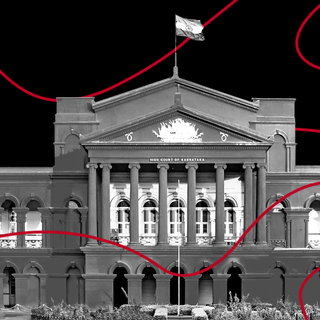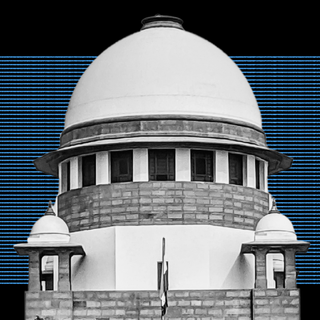Private schools cannot profit off providing education, and so, shouldn’t charge students for use of on-campus facilities that remained closed, and unused, under lockdown, the Supreme Court ruled this week.
The decision was prompted by an appeal before the apex court by various private schools in Jodhpur, challenging an order by the Rajasthan government that asked CBSE schools in the state to charge only 70% of their annual fees and state-board schools to charge only 60% during lockdown. The rationale behind the state government’s order was that because classes have migrated online, schools are saving massively on operational costs. The court ruled in favor of the private schools — but only partly.
The two-judge bench of Justices A.M. Khanwilkar and Dinesh Maheshwari ruled that private schools must have saved at least 15% on overheads and operational costs, since classes shifted online. So, private schools have to reduce fees by to that extent at least (or more); otherwise, school fees would simply amount to “profiteering and commercialization.” Over and above the 15% discount, private schools are free to give further concessions to their students.
However, the court strongly criticized the state government’s interference to “provide ‘mitigation to one’ of the two private parties ‘at the cost of the other’,” calling it “akin to — rob Peter to pay Paul [sic].” While the justices didn’t impose any embargo on states subsidizing private school fees for students, they clarified that states cannot “transcend the line of regulation and impinge upon the autonomy of the school to fix and collect ‘just’ and ‘permissible’ school fees from its students.”
Related on The Swaddle:
Student Who Missed Exam Due to Depression Should Be Given Second Chance: Gujarat HC
In preventing interference from state governments, the court acknowledged the autonomy of private schools to decide their fees. The bench also noted that private institutions are perfectly within their rights to “include reasonable revenue surplus for the purpose of development of education and expansion of the institution” within their fee structure. However, under no circumstance can they misuse this autonomy to steer towards “commercialization” of education, or start “profiteering” from it.
Given the economic crisis that has unfolded in India amid the pandemic, the judges also urged schools to be sympathetic towards the woes of their students and to not prevent anyone from attending classes — either online or offline — simply due to of non-payment of fees. To that end, the court’s order allows guardians to pay the annual fees for 2021 in six installments — so there’s less pressure to gather a one-time lumpsum while the country deals with a financially draining pandemic.
In essence, the apex court noted that schools must “willingly and proactively” do exactly what they’re meant to: engage in the “charitable activity of imparting and spreading education, and not mak[ing] money.”




